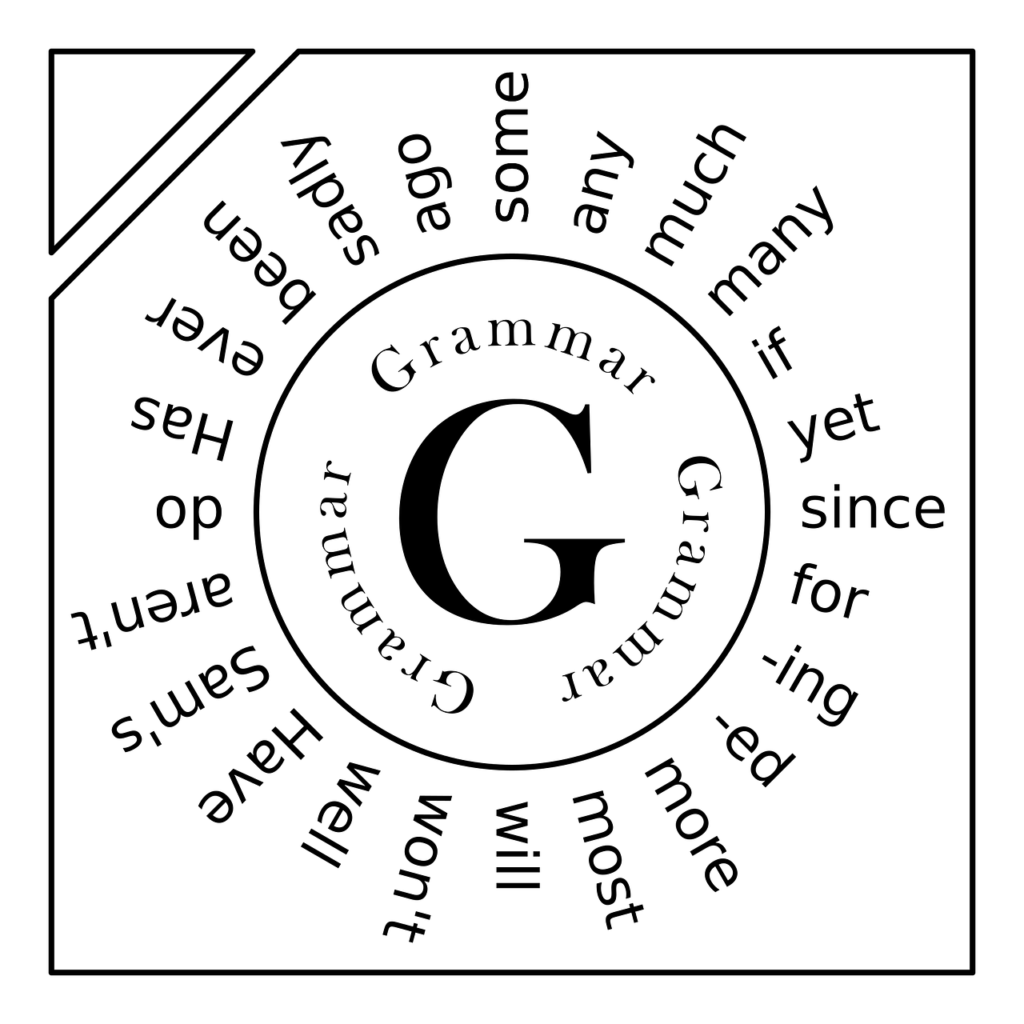Abstract nouns are nouns that refer to intangible things or objects that you cannot experience with the five senses. Examples include “sadness,” “analysis,” “government,” and “adulthood.”
Abstract nouns are contrasted with concrete nouns, which are words like “cat,” “desk,” or “Andrew” that refer to physical objects and entities. If you can see, hear, taste, smell, or touch it, then it’s a concrete noun. If you can’t, then it’s an abstract noun.
Some abstract nouns can be formed by adding suffixes to verbs, adjectives, or concrete nouns. For example, “beauty” is an abstract noun formed from the adjective “beautiful”, and “movement” is an abstract noun formed from the verb “move”.
Some abstract nouns can be formed by adding suffixes to verbs, adjectives, and concrete nouns. For example:
- create + -ion = creation
- happy + -ness = happiness
- child + -hood = childhood
Here is a table of some common abstract nouns and their categories:
| Category | Abstract Nouns |
|---|---|
| Personal qualities and emotions | happiness, exhaustion, callousness, nostalgia, presumptuousness, loquacity, anger, love, charisma |
| Time designations | Tuesday, hours, the 1980s, centuries, midnight, yesterday, the future |
| States of being | solidity, chaos, peace, vacancy, impermanence, presence, activation, existence |
| Cultural/political/social/religious movements | Romanticism, feminism, modernism, conservatism, republicanism, Marxism, environmentalism, Christianity, Buddhism |
| Philosophical and academic concepts | pathos, beauty, possibility, freedom, ethics, ontology, anachronism |

